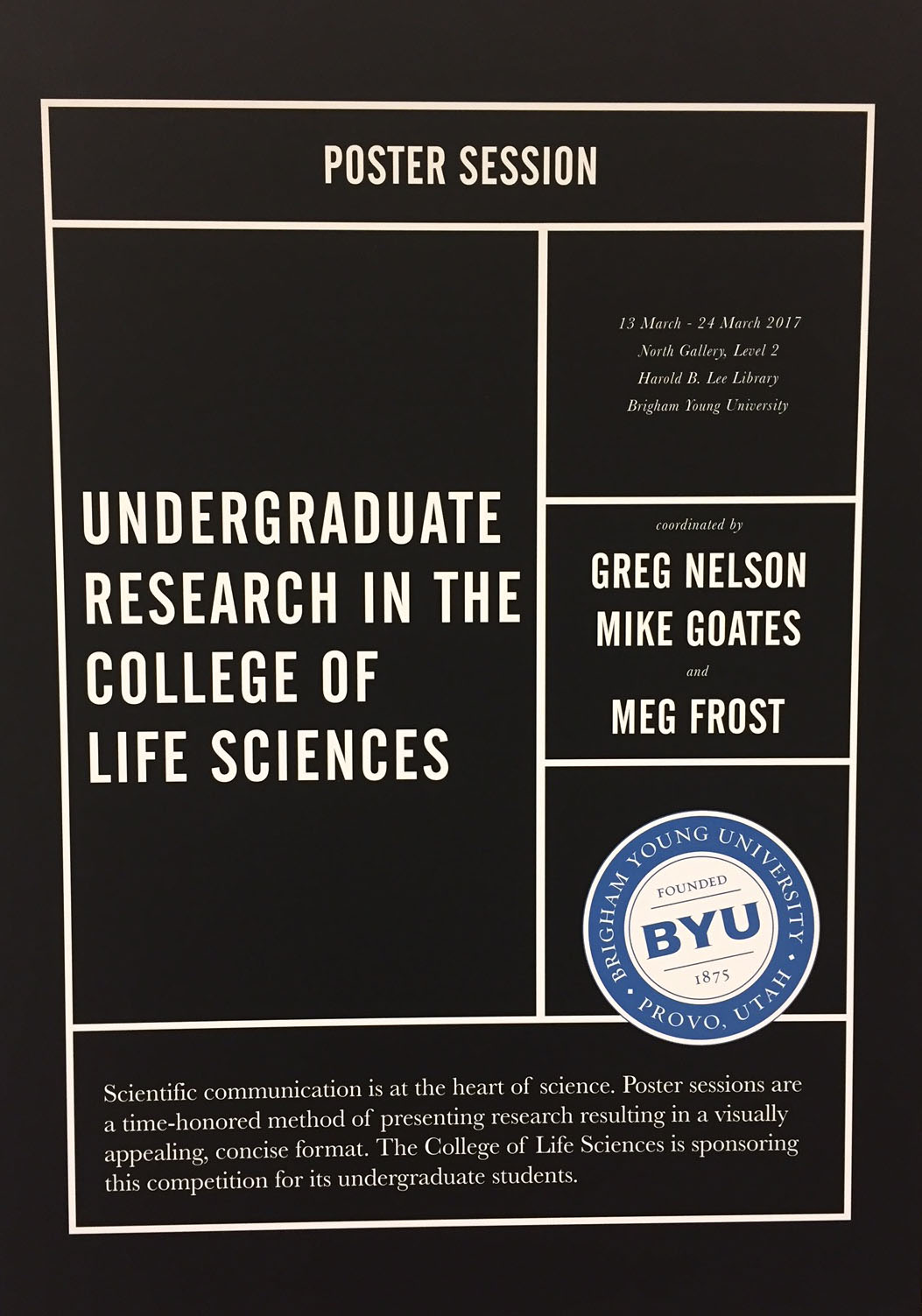
Title
Chikungunya Virus Time Course Infection of Human Macrophages
Files
Download Poster (1.5 MB)
Keywords
Virus, Immunology, Infectious diseases
Abstract
Chikungunya virus (CHIKV) has been an enigma for decades before the 2005 epidemic in India and 2015 in the Western Hemisphere. CHIKV infects 1.1 million people per year in 113 countries around the world. ( Yactayo , Staples, Millot , Cibrelus , & Ramon Pardo, 2016). Chikungunya virus is an arbovirus spread through Aedes albopictus and Aedes aegypti mosquito vectors. The name ‘chikungunya’ means ‘that which bends up’ termed after the assumed posture of suffering patients. Patients who are infected with CHIKV could contract life altering arthralgia and myalgia. As of today, there is no cure, treatment, or vaccine for most alphaviruses.
Chikungunya virus is an enveloped positive sense single stranded RNA virus with an incubation period of 1 to 12 days. Recent research on CHIKV indicates human macrophages contribute to successful virus replication. A rapid immune response is stimulated after the virus is transferred to a human. In response, macrophages begin phagocytosing CHIKV, which induces macrophage apoptosis. Macrophages infected with CHIKV experience increased expression of MHC and co stimulatory molecules (Nayak et al., 2017). The sudden apoptosis of the strained macrophage catalyzes the spread of the virus in the body. The question that remains is when, during the course of infection, does the macrophage generate apoptosis signals? Understanding when the infection tipping point occurs can provide additional insight into the underlying mechanisms of pathogenesis for Chikungunya virus, enabling the development of effective prophylactics, therapeutics, and/or vaccines. U937*
Loading...
BYU ScholarsArchive Citation
Gray, Madison; Guerrero, Israel; Leal, Antonio Solis; Robison, Richard; Bruges, Brad; and Pickett, Brett, "Chikungunya Virus Time Course Infection of Human Macrophages" (2021). Library/Life Sciences Undergraduate Poster Competition 2021. 28.
https://scholarsarchive.byu.edu/library_studentposters_2021/28
Document Type
Video
Publication Date
2021
Language
English
College
Life Sciences
Department
Biology
Copyright Use Information
http://lib.byu.edu/about/copyright/


